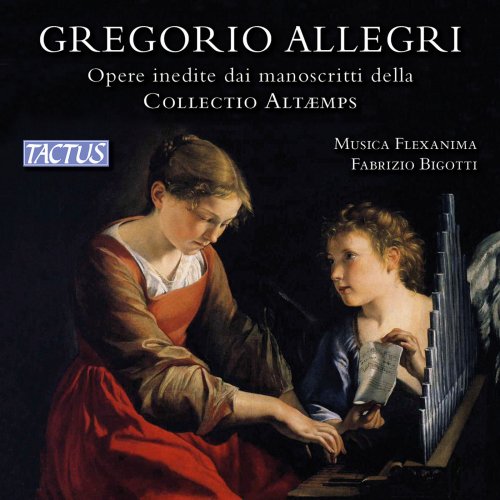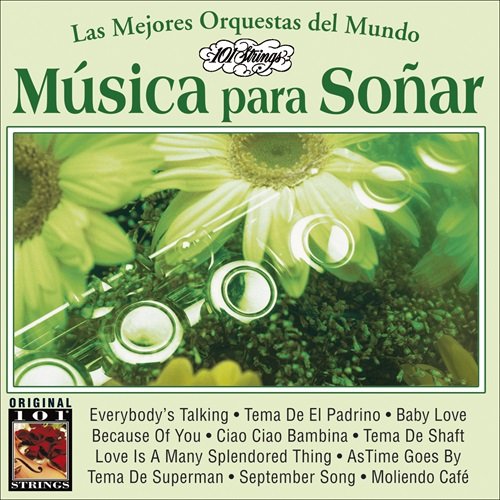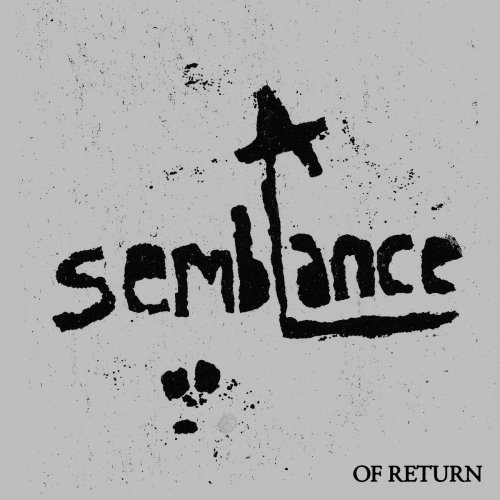Musica Flexanima & Fabrizio Bigotti - Allegri: Unpublished works from the manuscripts of the Collectio Altaemps (2015)

Artist: Musica Flexanima, Fabrizio Bigotti
Title: Allegri: Unpublished works from the manuscripts of the Collectio Altaemps
Year Of Release: 2015
Label: Tactus
Genre: Classical
Quality: FLAC (tracks, booklet)
Total Time: 1:14:13
Total Size: 338 MB
WebSite: Album Preview
Tracklist:Title: Allegri: Unpublished works from the manuscripts of the Collectio Altaemps
Year Of Release: 2015
Label: Tactus
Genre: Classical
Quality: FLAC (tracks, booklet)
Total Time: 1:14:13
Total Size: 338 MB
WebSite: Album Preview
01. Canzone La Scamfortina
02. Salutis humanae sator a 8
03. Canzone Sancta Maria
04. In lectulo meo a 8
05. Canzone B
06. Kyrie
07. Gloria
08. Canzone I
09. Missa a 8, "In lectulo meo": Credo
10. Canzone II
11. Sanctus - Benedictus a 6
12. Agnus Dei
13. Canzone C
14. Occhi rei non mi tradite
15. Canzone A
16. Feria V in Coena Domini
17. Sabbato Sancto
18. Canzone - Sinfonia
Although the output of Gregorio Allegri was not large, it covered almost every musical genre of the time, from strict polyphony to monody, instrumental music and the cantata.
He is now remembered principally as the composer of the nine-voice Miserere, written around 1638 for the Holy Week celebrations and made famous in the nineteenth century version which requires a high C in the coro favorito.
Five years of bibliographic and musical research in Italy and abroad have permitted the rediscovery of the well-rounded personality that his contemporaries recognized in Allegri, and, from this point of view, quite apart from a world premiere recording of exceptional importance, the pieces contained in the Altemps manuscripts undoubtedly constitute a new chapter to add to the history of sacred music.
He is now remembered principally as the composer of the nine-voice Miserere, written around 1638 for the Holy Week celebrations and made famous in the nineteenth century version which requires a high C in the coro favorito.
Five years of bibliographic and musical research in Italy and abroad have permitted the rediscovery of the well-rounded personality that his contemporaries recognized in Allegri, and, from this point of view, quite apart from a world premiere recording of exceptional importance, the pieces contained in the Altemps manuscripts undoubtedly constitute a new chapter to add to the history of sacred music.

![Alcides Neto - Amú (2026) [Hi-Res] Alcides Neto - Amú (2026) [Hi-Res]](https://img.israbox.com/img/2026-02/26/mtckmw6jmvula60sukh6h3h26.jpg)




![Samir Aouad - Casablanca (2026) [Hi-Res] Samir Aouad - Casablanca (2026) [Hi-Res]](https://img.israbox.com/img/2026-02/26/cpef8nay7or1kmufgugfd6uy0.jpg)
![VA - 20 Years Into An Infinite Musical Journey (2025) [SACD] VA - 20 Years Into An Infinite Musical Journey (2025) [SACD]](https://www.dibpic.com/uploads/posts/2026-02/1771834929_ff.jpg)
